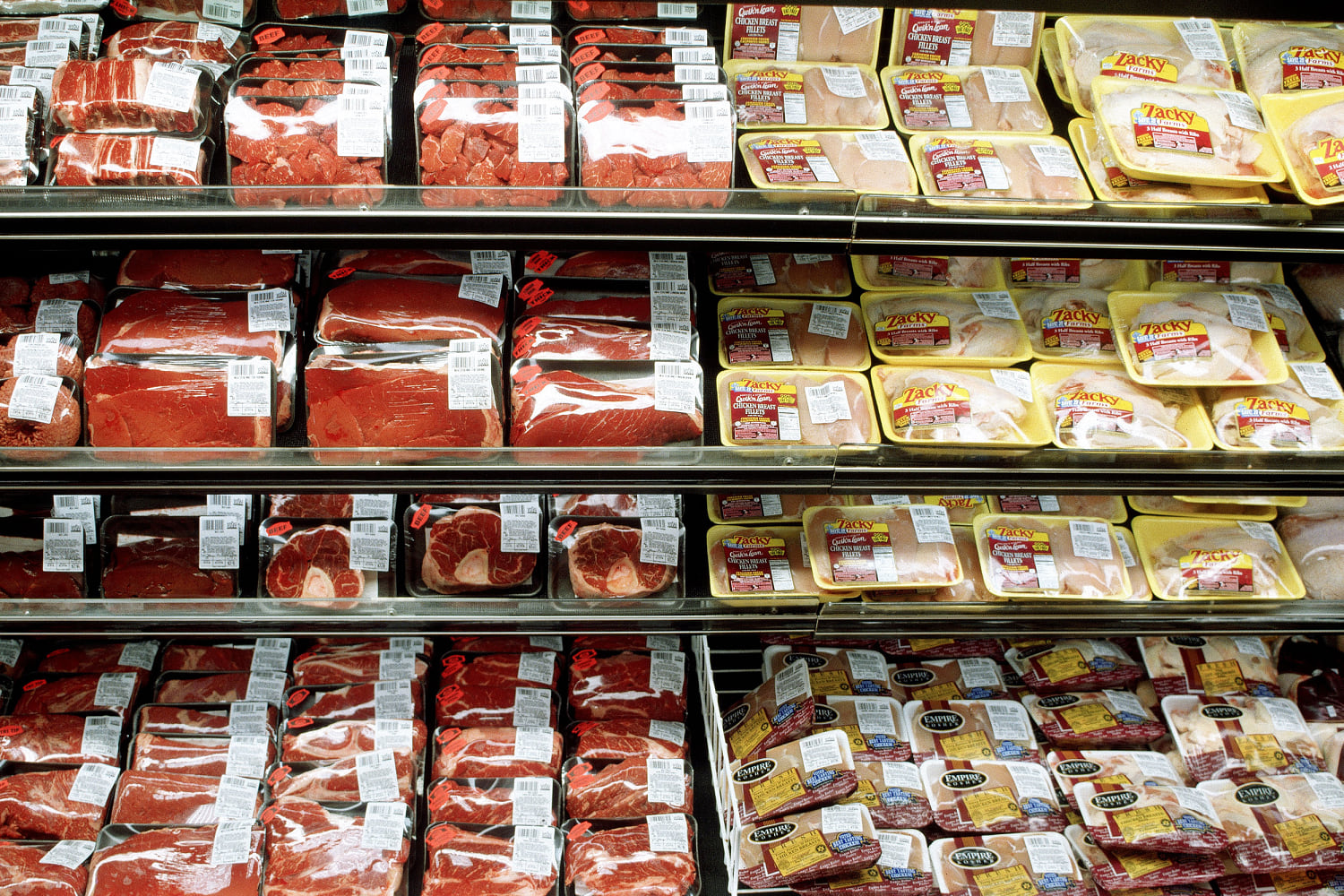
High levels of niacin, an essential B vitamin, may increase the risk of heart disease by triggering inflammation and damaging blood vessels, according to a new study.
A report published Monday in the journal Nature Medicine found a previously unknown risk from excess amounts of the vitamin in many foods, including meat, fish, nuts, fortified cereals and breads.
The recommended daily amount of niacin 16 milligrams per day for men and 14 milligrams per day for non-pregnant women.
About 1 in 4 Americans are higher than recommended niacin levelThe study’s lead author, chair of the department of cardiovascular and metabolic sciences at the Cleveland Clinic’s Lerner Research Institute and co-chief of the division of preventive cardiology at the Heart, Vascular and Thoracic Institute, said.
Researchers currently do not know where to draw the line between healthy and unhealthy amounts of niacin, although this may be determined with future research.
“We now have reason to believe that people should avoid niacin supplements excessive niacin intake It could potentially lead to an increased risk of developing cardiovascular disease,” Hazen said.
Hazen says Americans now get too much niacin in their diets because flour, grains and cereals have been fortified with niacin since the 1940s, after scientists discovered that very low levels of the food could cause a potentially fatal condition called pellagra.
Before developing cholesterol-lowering statinsniacin supplements were even once prescribed by doctors to improve cholesterol levels.
To search for unknown risk factors for cardiovascular disease, Hazen and colleagues designed a multipart study that included analysis of fasting blood samples from 1,162 patients who came to a cardiology center to be evaluated for heart disease. The researchers looked for common markers, or signs, in the patients’ blood that could reveal new risk factors.
The study resulted in the detection of a substance in some blood samples that only occurs when there is too much niacin.
This finding led to two additional “confirmation” studies involving data from a total of 3,163 adults with or suspected of having heart disease. Two studies, one in the United States and one in Europe, found that the niacin breakdown product, 4PY, predicted participants’ future risk of heart attack, stroke, and death.
In the final part of the study, experiments were conducted on mice. When rodents were injected with 4PY, inflammation in their blood vessels increased.
The results are “interesting” and “important,” he said.
A newly discovered pathway in heart disease may lead to the discovery of a drug that could reduce inflammation in blood vessels and reduce the likelihood of major cardiovascular events.
Rosenson hopes the food industry will take notice and “stop using so much niacin in products like bread. This is a situation where too much of a good thing can become a bad thing.
Rosenson, who was not involved in the Cleveland Clinic study, said the new data could affect dietary recommendations for niacin.
Vanderbilt University Medical Center, Department of Cardiovascular Medicine Dr. Amanda Doran said scientists have known for decades that a person’s cholesterol levels can be a major driver of heart disease.
Even if patients’ cholesterol levels are lowered, some are at increased risk of heart attack and stroke, Doran said, adding that a 2017 trial suggested the increased risk may be related to inflammation of the blood vessels.
Doran was surprised to learn that niacin may increase the risk of heart disease.
“I don’t think anyone would have predicted that niacin would be anti-inflammatory,” he said. “This is a powerful study because it combines different techniques: clinical data, genetic data and mouse data.”
Find a new one This pathway may allow future researchers to discover ways to reduce blood vessel inflammation, Doran said.
“It’s very exciting and promising,” he said.
